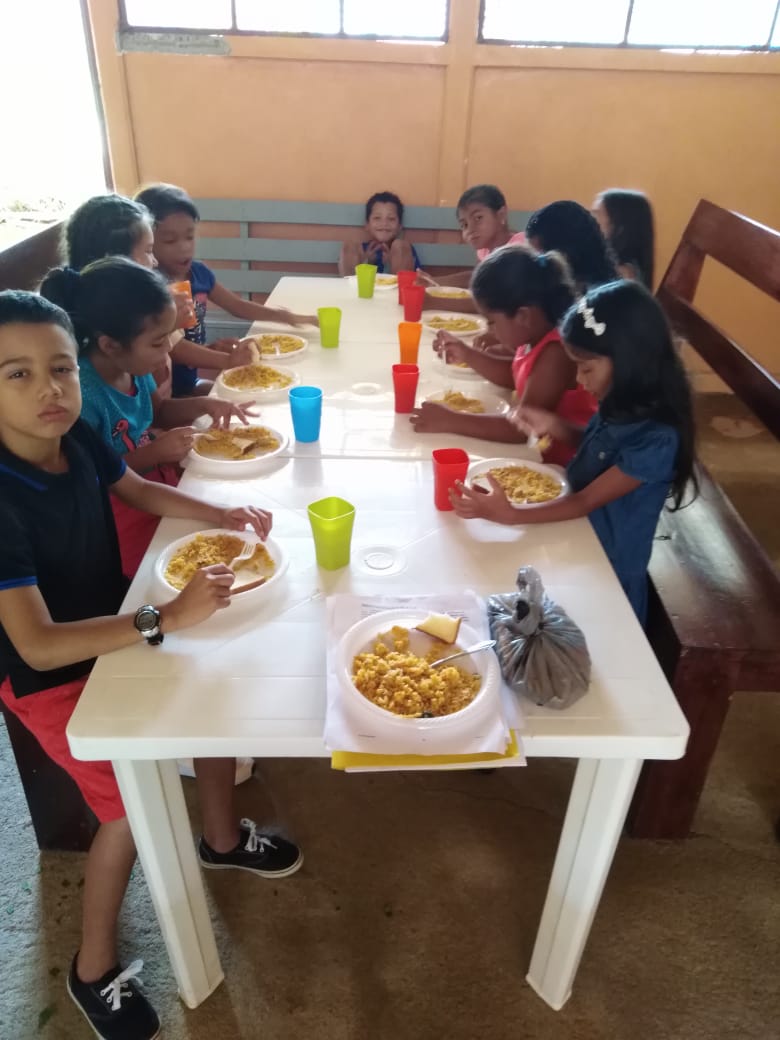Eradicating Local Poverty - Feeding Centers


Poverty and food security present a widespread challenge throughout Central America and the Country of Costa Rica, especially for the rural population. Food is not the issue in Costa Rica, but access to adequate resource is the driving force that prevents families from obtaining food security and overcoming poverty. Localized poverty and the impact of hunger have a negative impact on the families and children of rural Costa Rica. Hunger directly impacts a child's ability to learn and excel in school. Test scores are lower and graduation rates decline when hunger and poverty exist. Absenteeism and health issues are normally higher when hunger and poverty are present which leads to greater unemployment in adults driven by the necessity to care for the children at home. The challenge of local poverty continues to build a larger gap between between rural Costa Rica and the success of an overall growing economy. Impoverished families with incomplete education miss out on higher paying job opportunities in the new technology and management sectors.
Reports by INEC show the poverty rate increased to 21.1% in 2018 with impact being greatest in rural areas. Extreme poverty continues to increase and now exceeds 7%. These numbers translate to almost 14% of Costa Ricans living on less than $1.25 a day and 25% living on less than $5.00 a day. The poverty and hunger challenges in Costa Rica are not solved by large scale assistance programs, but instead must be combated by local leaders who identifying meaningful solutions that impact and serve families and children.
Partnerships between local schools, churches and community organizations that model compassion, act with respect, seek wisdom and express creativity can and will have a lasting impact on local poverty and hunger.